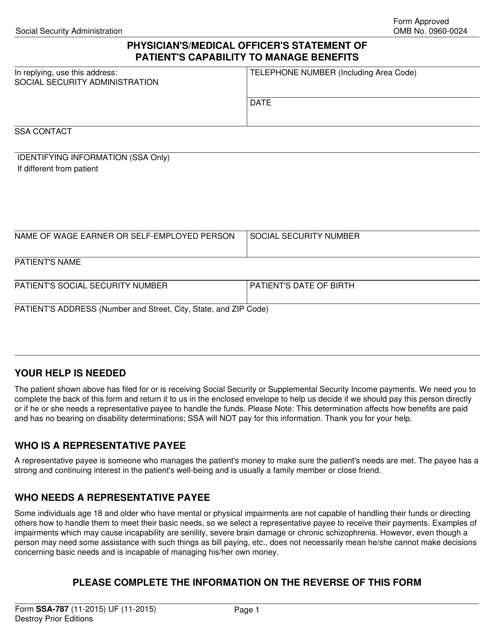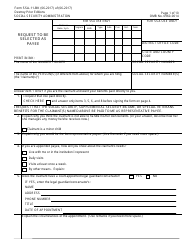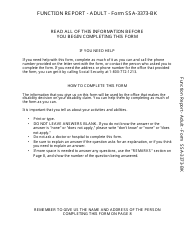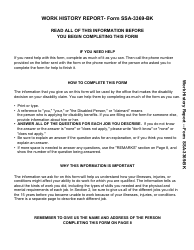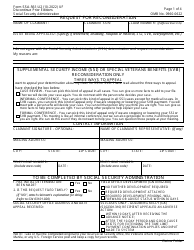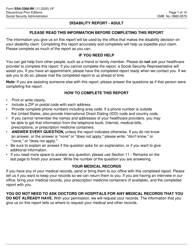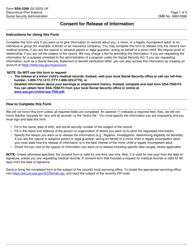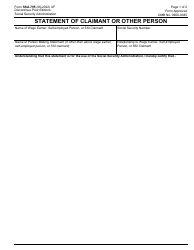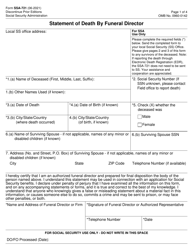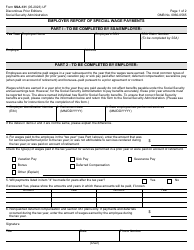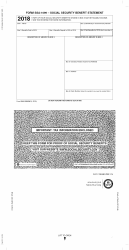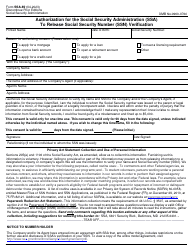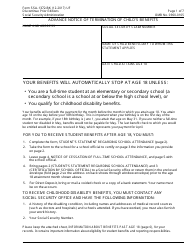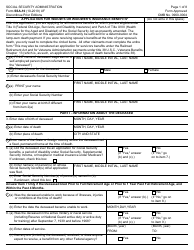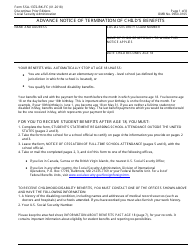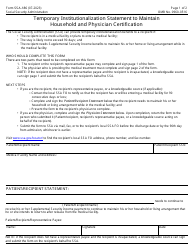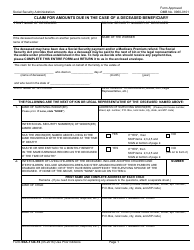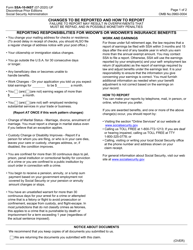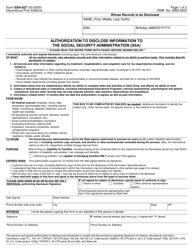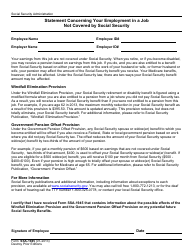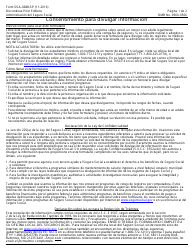Form SSA-787 Physician's / Medical Officer's Statement of Patient's Capability to Manage Benefits
What Is Form SSA-787?
Form SSA-787, Physician's/Medical Officer's Statement of Patient's Capability to Manage Benefits , is a form used to determine if a person is able to manage funds or they need a representative payee.
Alternate Name:
- SSA Form 787.
The form contains information about the patient who receives Social Security benefits or Supplemental Security Income (SSI) payments. A medical officer or the patient's physician should fill out the reverse of the form. This form is part of the Representative Payee program paperwork.
What Is the Most Recent Form SSA-787?
The most recent version of the SSA Form 787 was issued by the U.S. Social Security Administration (SSA) on November 1, 2015 , with all prior editions obsolete. Since this form is only mailed to the medical officers or physicians, this form is unavailable for digital filing. An SSA-787 printable form is available below (for reference only).
Form SSA-787 Instructions
A representative payee is a person who receives benefits for the beneficiary and manages them for their well-being. If the beneficiary is unable to manage funds and has difficulties making decisions regarding their health due to their condition or minor age, a representative payee is necessary. Usually, this person is a family member or a close friend. A representative payee can be assigned by the SSA or they can file Form SSA-11-BK, Request to Be Selected as Payee. Alternatively, the SSA can assign a qualified organization as a representative payee.
A representative payee cannot make decisions regarding the beneficiary's treatment or placement. They cannot sign legal documents for the beneficiary, use the benefit funds for their personal expenses, transfer the funds to their personal bank account, or manage the funds after they stop being a payee. However, they are allowed to reimburse themselves if they made reasonable expenses for the beneficiary from their own funds.
A representative payee receives the funds, but officially the funds belong to the beneficiary and can be used only for their needs. The payee has to keep a record of their expenses to provide it to the SSA upon request. If the funds are misused, the beneficiary should notify the SSA. The administration stops the payments and initiates an investigation. If the payee is unable to perform their responsibilities, the SSA will assign another person or organization. The payee also cannot charge the beneficiary, except in cases when a payee is an organization authorized by the SSA.
If a beneficiary wants to stop the representative payments, they should file a request for a direct payment and provide the supporting documentation. The SSA will make a decision based on the information provided by the beneficiary and their physician who will receive Form SSA-787.
How to Fill Out SSA-787 Form?
Instructions for Form SSA-787 are as follows:
- Enter the date of your last examination of the patient whose name is printed on the form in Block 1.
- Mark the applicable box in Block 2 to indicate whether you believe the patient is able to manage their benefits in their own best interests. "Negative" and "Unsure" answers require further explanation. You have to evaluate the patient's ability to understand and perform everyday activities, providing themselves with food, clothing, housing. You also have to check their ability to manage funds or direct others on how to use them.
- Indicate whether you believe the patient will be able to manage the benefits in the future in Block 3. A positive answer requires an explanation. This block is applicable if the previous block contained a negative or unsure answer.
- Enter your name, title, address, and phone number before signing and dating the form. Mail the completed form to the address provided on the form.
